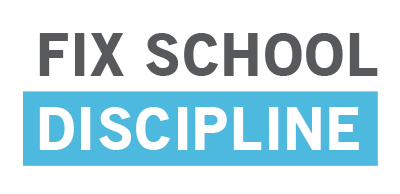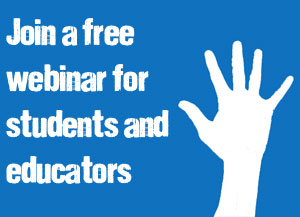Free Webinar! Addressing Racial Bias in Suspensions
California educators, community organizations and students are rolling up their sleeves to make common-sense school discipline changes. Many are already reporting amazing results: more students in class and learning, fewer behavioral problems on campus, fewer suspensions and expulsions, and improved school climates.
Do you know what implicit racial bias is, how it factors into school discipline decisions and how to begin eliminating it?
Join Tia Martinez, researcher for the UCLA Center for Civil Rights Remedies, andSarah Omojola of Public Counsel on November 14, 2013, 10:30am-12pm for the fourth, free webinar in the Let’s Fix School Discipline Webinar series.
REGISTER NOW! JOIN US FOR DISPROPORTIONATE DISCIPLINE: ADDRESSING IMPLICIT RACIAL BIAS IN SUSPENSIONS
Disproportionate Discipline: Addressing Implicit Racial Bias in Suspensions will focus on how unconscious biases affect everyone and how they can factor into school decisions about student discipline. This webinar will cover tools and strategies that are effective for combating disciplinary practices that disparately affect students of color.
Tia has over 25 years of experience doing social change work in low income communities in the United States and is currently doing consulting work on dismantling the school to prison pipeline and transforming life chances for boys and men of color.
THE DETAILS:
WHAT: Free webinar focused on addressing disparate impact and racial bias in school discipline
WHEN: Wednesday, November 14, 10:30-12pm (Pacific Time)
WHO: Parents, Teachers, Administrators, Students, Community Organizations and Advocates are all invited
Room is limited, so reserve your seat today. Click here to sign up now!
After registering you will receive a confirmation email containing information about joining the training.
“The How We Can Fix School Discipline Toolkit contains step-by-step tools and real-life stories about implementing the alternatives to suspension and expulsion that are proven to keep students in school and learning, improve school climate and student behavior, allow teachers to teach more effectively, help administrators meet benchmarks, raise API and ADA funding, and keep communities from seeing many of their children ending up in the juvenile justice system.” — Sarah Omojola of Public Counsel
——————————


